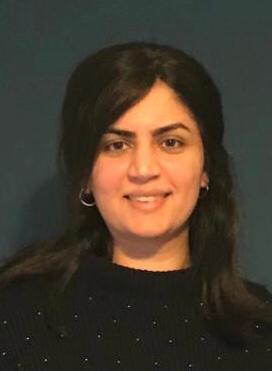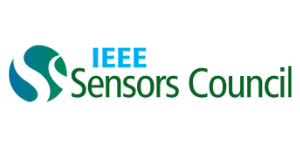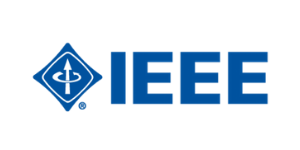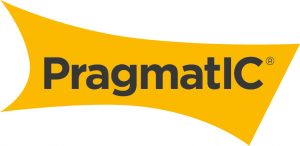Archives: Presenters
Deepak Gupta
Professor, National Center for Flexible Electronics and Department of Materials Science and Engineering, IIT Kanpur, India
Ensieh Hosseini
Mitradip Bhattacharjee
Saakshi Dhanekar
Cinzia Casiraghi
Prof Cinzia Casiraghi received her BSc and MSc in Nuclear Engineering from Politecnico di Milano (Italy) and her PhD in Electrical Engineering from the University of Cambridge (UK) in 2006. In 2005 she was awarded with an Ernest Oppenheimer Early Career Research Fellowship, followed by the Alexander von Humboldt Research Fellowship in 2007 and the prestigious Sofja Kovalevskaja Award, won in 2008. This Prize is given to young, cutting-edge researchers, providing them with risk capital to pursue innovative projects and establish their own lab at a very early stage in their careers. This allowed her to become Junior Group Leader at the Physics Department of the Free University Berlin (Germany). In 2010 she joined the School of Chemistry, at the University of Manchester (UK). She holds a Chair in nanoscience since 2016.
Gijs Krijnen
Dr. Gijs Krijnen’s interests are in bio-inspired transducers, parametric sensing schemes and additive manufacturing (embedded sensing). He currently is professor in the Robotics and Mechatronics group of the University of Twente. He has (co-) authored over 110 refereed journal papers, 11 book chapters and 245 conference contributions on a variety of subjects including nonlinear integrated optics, micro-mechanical sensors and actuators, biomimetic flow and inertial sensors and parametric and nonlinear transduction. He holds a PhD (cum laude) from the University of Twente, has been a fellow of the Royal Netherlands Academy of Arts and Sciences and was awarded a VICI grant by the Netherlands Organisation for Scientific Research in 2005 for research on bio-inspired flow-sensors (BioEARS).
Aida Todri-Sanial
Aida Todri-Sanial received the B.S. degree in electrical engineering from Bradley University, IL in 2001, M.S. degree in electrical engineering from Long Beach State University, CA, in 2003 and a Ph.D. degree in electrical and computer engineering from the University of California, Santa Barbara, in 2009. She is currently a Director of Research for the French National Council of Scientific Research (CNRS) attached to Laboratoire d’Informatique de Robotique et de Microélectronique de Montpellier (LIRMM). Dr. Todri-Sanial was a visiting fellow at the Cambridge Graphene Center and Wolfson College at the University of Cambridge, UK during 2016-2017. Previously, she was an R&D Engineer for Fermi National Accelerator Laboratory, IL. She has also held visiting research positions at Mentor Graphics, Cadence Design Systems, STMicroelectronics and IBM TJ Watson Research Center. Her research interests focus on emerging technologies and novel computing paradigms such as neuromorphic and quantum computing. Web:https://www.lirmm.fr/aida-todri-sanial/
Yongtaek Hong
Vassili Karanassios
Vassili Karanassios is a Professor of Chemistry at the University of Waterloo (Ontario, Canada) and a co-founder of a degree-program in nano-technology engineering at the same University. Professor Karanassios received his Ph. D. from the University of Alberta (Edmonton, Canada) and was a Post Doctoral Fellow at McGill University (Montreal, Canada). In 2009, he held a Leverhulme award in the UK where he was a visiting Professor in Chemistry (Sheffield University), an Overseas Fellow of Churchill college (Cambridge University, UK), and a visiting Professor of Engineering (Cambridge University, UK) in the Center for Advanced Photonics and Electronics (CAPE). Professor Karanassios and his group published (among others) on microfluidics and nanofluidics, on 3D printing and on rapid prototyping, on spectral interference correction using Artificial Neural Networks (ANNs) and Deep Learning, and on smartphone-enabled data acquisition and signal-processing from a variety of sensors for on-site chemical analysis and (potentially) for IoT applications.


















